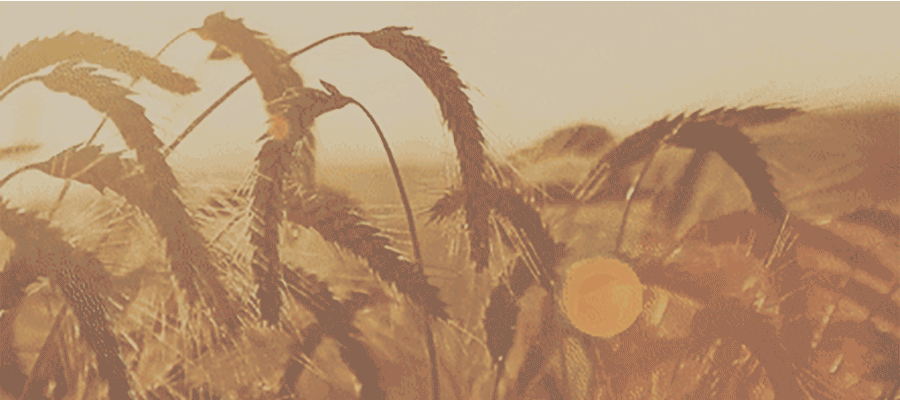
e had expected the pause – he’d caught the grin with a sheepish little smile of his own – well, dove, he might’ve said in private, except for the lockpicking, I didn’t get much better at it. That’s why it’s good you’re a pirate and an engineer; between the two of us we might be decent at burglary, and I reckon that’s love.
But he hadn’t expected Aremu to go on in that quiet, thoughtful way, as they stepped out onto the dock. He couldn’t help the tug of a smile when he looked over at Aremu, and Aremu caught his eye; he watched him lick his lips and almost held his breath, full of the river breeze and the hint of a night’s chill. Then he smiled a little and went on, and he tried to tame his own smile back down where a grin had almost wrestled its way out. He listened instead: he held on and listened.
He wasn’t quite smiling when Aremu trailed off. He nodded, glancing back at the open door to Dzid’oz’s shack with an eyebrow arched.
It was sparse, and there was nobody to brush with his field on the way to the table; he was grateful, feeling pricklingly aware of the mona hanging calm about him. The glances he caught were only glances; he’d’ve said there was more curiosity in them than anything else, and they weren’t only for him. All the same, he was grateful to sit, easing himself down onto the stool with no small twinge of his muscles.
Aremu went on, and he listened, rapt. He caught that edge of a smile – almost as if it were necessary for the shaping of Uzoji’s name.
Did you ever –? It wasn’t on the tip of his tongue, and it never would be. He didn’t think it was a question he had the words to ask, even if he’d had the permission. It wasn’t that he wanted to ask if Aremu had ever envied him; it wasn’t that simple. He thought he would’ve – he had, once, in his human way – but he was beginning to grasp there was more to this than he could understand.
Did it hurt, maybe, but he knew the answer to that, and it wasn’t at the heart of it, either. Aremu hadn’t asked him what he’d thought of those sprawling, polished floors, those vivid tapestries, as a starving lad. He’d no right to ask this, whatever it was he wanted to ask.
He thought what it must’ve been, to have had a qalqa warm and humming underneath your fingertips, and then to have an ocean between you and it.
But it was Aremu’s story, and he knew enough of stories to know that. And in Aremu’s story, Uzoji was a smile, and so he smiled, too, trying to think on the way Uzoji’d taken his hand firm and never talked down to him, even when he was looking straight up. A good friend, he thought, and left it there.
He saw Aremu’s jaw tighten. He inclined his head, quiet, thinking of – Iquwi, he remembered after a moment.
He was rapt still, smiling again, trying to picture the boch the man across from him had been. Beginning to picture it, with a mixture of excitement and something more tender – embarrassingly so – thinking of knobbly knees and a bold little voice just beginning to crack.
So the lad’s voice startled him, standing as he was just out of the light, just on the edge of his field; he turned, glancing over him, grinning sheepishly. “Ah,” he started, hesitant. I do, he almost said. “Thank you, ada’xa.”
“Tonight is tam’oqap eqi.” The lad was watching him; his gaze moved to Aremu, more hopeful but still sheepish. “Poa'xa’jara caught plenty of dzira’dzúru – the flood,” he added, grinning hesitantly.
“Efo’ru!” came a gravelly voice from inside.
The lad looked over his shoulder, then looked back, sheepish, grinning. He held up a hand as if to say, I’ll be back, then went, almost bumping into a woman as she turned to leave.
He looked back at Aremu, suddenly keen again, propping his head up on a hand. “What happened then?” he asked.







